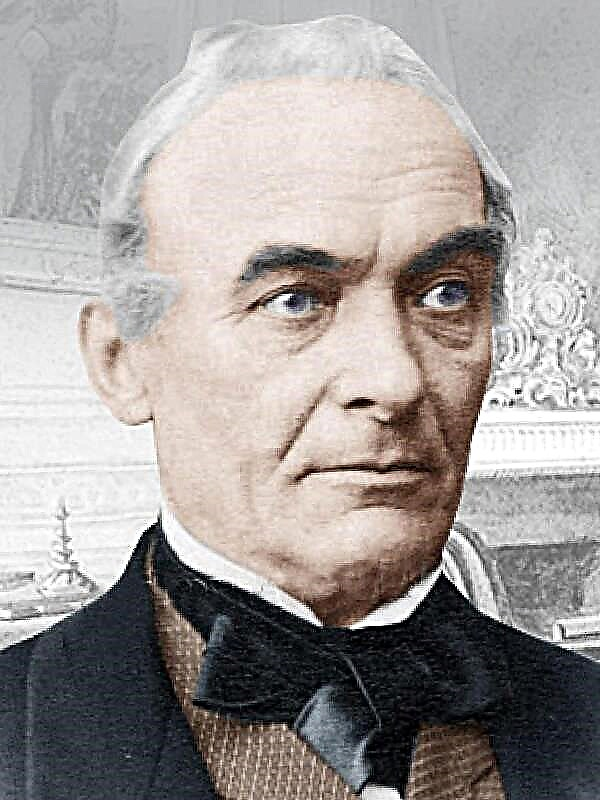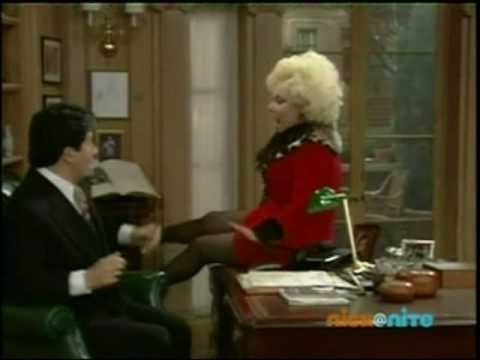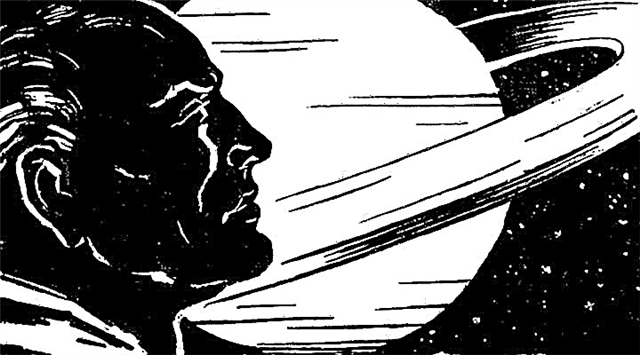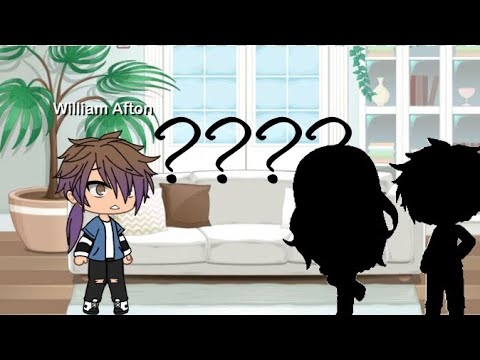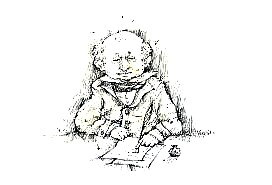In 1938, the storyteller accidentally met with the holder of the Order of Maria Theresa, Anton Hofmiller, who told him what had happened to him a quarter of a century ago, when he was twenty-five years old. The narrator recorded his story, changing only his names and some small details in it, allowing you to guess who and what was being discussed.
Anton Hoffmiller was the son of a poor official burdened with a large family. He was sent to a military school, and at eighteen he graduated from it. Thanks to a distant relative, he fell into the cavalry. Service in this kind of troops was not for everyone, and the young man was surrounded by much wealthier comrades. At the end of 1913, the squadron where he served was transferred from Yaroslavice to a small garrison town near the Hungarian border. In May 1914, the local pharmacist, who was also the assistant to the burgomaster, introduced Anton to the richest man in the area - Mr. von Kekeszalwie, whose niece astonished Anton with her beauty. Anton was invited to the house to Kekeshfalvami, and he was delighted with the warm welcome. He danced a lot with the niece of Kekeshfalva Ilona, and with other girls, and only at half-past ten he realized that he had forgotten about the owner’s daughter and did not invite her to the waltz. Anton hurried to correct the mistake, but in response to his invitation, Edith Kekeshfalva burst into tears. Anton could not understand what was the matter, and Ilona explained to him that Edith’s legs were paralyzed and she could not take a step without crutches. Confused, Anton hastened to leave.
He felt as if he had whipped a child with a whip, and then fled like a criminal, without even trying to justify himself. To make amends, Anton bought a huge bouquet of roses with the last money and sent it to Edith. The girl answered him with a letter of thanks and invited him to a cup of tea. When Anton arrived, Edith and Ilona were delighted and accepted him as a dear friend. He began to visit them easily and became very attached to both, but Ilona seemed to him a real woman with whom he wanted to dance and kiss, and Edith at the age of seventeen-eighteen looked like a child whom she wanted to caress and comfort. Edith felt some strange uneasiness, her mood often changed. When Anton first saw how Edith was moving, clutching crutches and dragging his legs with difficulty, he was horrified. Suffering infinitely from her helplessness, she wanted to take revenge on the healthy, forcing them to look at her torment. Her father invited the most famous doctors in the hope that they would heal her, because five years ago she was a cheerful, mobile child. He asked Anton not to be offended by Edith: she is often harsh, but her heart is kind. Anton felt boundless compassion and even felt ashamed because of his health.
One day, when he was racing at a gallop on a horse, he suddenly thought that if Edith sees him from the window of the estate, then it might be painful for her to look at this jump. He pulled the reins and ordered his lanterns to go trotting, and only when the manor was out of sight did he again allow them to gallop. Anton experienced a rush of warm sympathy for the unfortunate sick girl, he even tried to brighten up her dreary life: seeing how the girls rejoiced at his arrival, he began to visit them almost every day: he told funny stories, entertained them as best he could. The owner was startledly thanked for the fact that he returned to Edith a good mood and she became almost as cheerful as before. Anton found out that Ilona was engaged to a notary’s assistant from Bechkeret and was waiting for Edith Or to get better, to get married to him - Anton guessed that Kekeshfalva promised the poor relative a dowry if she agreed to postpone the marriage. Therefore, the attraction that flared up to Ilona quickly faded away, and his affection focused more and more on Edith, destitute and defenseless. Friends began to make fun of Anton, who had stopped attending their parties in the Red Lion: they say, of course, Kekeshfalva has a better treat. Seeing Anton’s golden cigarette case - a gift from Ilona and Edith on his birthday — his comrades noticed that he had learned quite well how to choose friends. With their ridicule, they deprived Anton of self-confidence. He felt like a giver, a help, and then he suddenly saw what his relationship with Kekeshfalv from the outside looked like, and realized that many around him might consider his behavior not to be disinterested. He became less likely to visit the Kekeshfalvs. Edith was offended and arranged a scene for him, however, then she apologized. In order not to upset the sick girl, Anton again frequented their estate. Kekeshfalva asked Anton to ask Dr. Condor, who was treating Edith, what her chances of recovery really were: doctors often spare the patients and their relatives and do not tell them the whole truth, and Edith is tired of uncertainty and loses patience. Kekeshalva hoped that to a stranger like Anton, Dr. Condor would say it as it was. Anton promised and after dinner at the Kekeshfalvs he went out with Condor and started a conversation with him.
Condor told him that his first concern was not Edith's health but her father: the old man was so worried about his daughter that he lost peace and sleep, and with his weak heart it could end badly. Condor told Anton, who considered Kekeshfalwa a Hungarian aristocrat, that Kekeshfalwa was actually born into a poor Jewish family and his real name was Lemmel Kanitz. As a child, he was an errand boy, but he gave teachings every free minute and gradually began to carry out more and more serious assignments. At twenty-five, he already lived in Vienna and was an agent of a reputable insurance company. His awareness and the circle of his activities became wider every year. From an intermediary, he turned into an entrepreneur and made a fortune. He once rode a train from Budapest to Vienna. Pretending to be asleep, he overheard the conversation of his fellow travelers. They discussed the sensational case of Princess Oroshvar’s inheritance: the wicked old woman, quarreling with her family, left all her fortune to her companion, maid of honor Dietzengoff, a modest, clogged woman who patiently endured all her nit-picking and whims. Relatives of the princess managed to fool the impractical heiress, and from the millionth inheritance she only had the estate of Kekeshfalva, which she, most likely, would also destroy. Kanits decided not wasting time to go to the Kekeshfalv estate and try to cheaply buy a collection of ancient Chinese porcelain from the Dietzenhof maid of honor. He was discovered by a woman whom he took as a servant, but it turned out that this was the new mistress of the estate. Having talked with her, Kanits realized that the unexpectedly fallen wealth is not a joy for this woman's spoiled life, but, on the contrary, a burden, because she does not know what to do with it. She said that she would like to sell the estate of Kekeshfalva. Hearing this, Kanitz immediately decided to buy it. He skillfully led the conversation and incorrectly translated the letter from the Hungarian lawyer, as a result of which the maid of honor Dietzenhof agreed to sell the estate for one hundred and fifty thousand crowns, considering this amount to be huge, while it was at least four times less than its real price. In order not to let the gullible woman come to her senses, Kanitz hastened to go with her to Vienna and quickly complete the paperwork. When the deed was signed, the maid of honor Dietzengoff wanted to pay Canitsa for her work. He refused money, and she began to warmly thank him. Kanitz felt remorse. No one ever thanked him, and he felt ashamed in front of the woman whom he had deceived. A successful deal has ceased to please him. He decided to return the maid of honor to the estate if she one day regrets that she sold it. Having bought a large box of chocolates and a bouquet of flowers, he appeared at the hotel, where she stopped to tell her about her decision. Freilaine was moved by his attention, and he, learning that she was going to go to Westphalia to distant relatives with whom nothing connects her, made her an offer. Two months later they got married. Kanitz converted to Christianity, and then changed his name to a more sonorous - von Kekeshfalva. The couple was very happy, they had a daughter - Edith, but his wife Kanitsa had cancer and she died.
After no millions helped him save his wife, Kanitz began to despise the money. He spoiled his daughter and threw money right and left. When Edith fell ill five years ago, Kanitz considered it a punishment for his past sins and did everything to cure the girl. Anton asked Condor if Edith's disease was curable. Condor honestly said that he did not know: he was trying various means, but had not yet achieved encouraging results. He once read about Professor Vienne's method and wrote to him to find out if his method is applicable to a patient like Edith, but has not yet received an answer.
When, after talking with Condor, Anton approached the barracks, he saw Kekeshfalva, who was waiting for him in the rain, because he was impatient to find out what the doctor said about Edith’s state of health. Anton did not have the courage to disappoint the old man, and he said that Condor was going to try a new method of treatment and was sure of success. Kekeshfalva told Edith about everything, and the girl believed that she would soon be healthy. Upon learning that Anton, on his behalf, reassured the patient, Condor was very angry. He received a response from Professor Vienno, from which it became clear: the new method is not suitable for the treatment of Edith. Anton began to convince him that to open Edith the whole truth now - it means to kill her. It seemed to him that enthusiasm, high spirits could play a positive role, and the girl would become at least a little better. Condor warned Anton that he was taking on too much responsibility, but that did not scare Anton. Before going to bed, Anton opened the volume of fairy tales “A Thousand and One Nights” and read a tale about a lame old man who could not walk and asked the young man to carry it on his shoulders. But as soon as the old man, who was actually a genie, climbed onto the shoulders of the young man, he began mercilessly to chase him, not letting him rest. In a dream, an old man from a fairy tale acquired the features of Kekeshfalva, and Anton himself turned into a miserable young man. When he came to the Kekeshfalv tomorrow, Edith announced to him that in ten days he was leaving for Switzerland for treatment. She asked when Anton would come there to visit them, and when the young man said that he had no money, she replied that her father would gladly pay for his trip. Pride did not allow Anton to accept such a gift. Edith began to find out why he was at all with them, saying that he could not bear the universal pity and condescension. And she unexpectedly said that it is better to rush off the tower than to endure such an attitude. She was so excited that she wanted to hit Anton, but could not stand on her feet and fell. Anton could not understand the reasons for her anger, but she soon asked for forgiveness and when Anton was about to leave, suddenly clung to him and passionately kissed his lips, Anton was stunned: it never crossed his mind that a helpless girl, in fact a cripple, could love and desire to be loved, like any other woman. Later, Anton learned from Ilona that Edith had long been in love with him, and Ilona, in order not to upset her, kept convincing her sick relative that Anton undoubtedly liked her. Ilona persuaded Anton not to disappoint the poor girl now, on the verge of recovery - after all, treatment will require a lot of strength from her. Anton felt trapped.
He received a love letter from Edith, followed by another, where she asked him to destroy the first. From the excitement during the exercises, Anton gave the wrong command and incurred the colonel’s anger. Anton wanted to quit, leave Austria, even asked a friend to help him, and soon he was offered the position of assistant treasurer on a merchant ship. Anton wrote a letter of resignation, but then he remembered Edith's letters and decided to consult with Condor how to be. He went home to the doctor and was surprised to find that Condor was married to a blind woman, that he lived in a poor quarter and treated the poor from morning till night. When Anton told everything to Condor, he explained to him that if he, having turned his head to the girl with his magnanimous compassion, now escapes, it will kill her. Anton retreated from his decision to resign. He began to thank Edith for her love. While he was still at the Kekeshfalvs, he always felt in Edith's behavior a secret, greedy expectation. Anton counted the days before her departure to Switzerland: after all, this was to bring him the desired freedom. But Ilona informed him that the departure was postponed. Seeing that Anton had nothing to do with her but compassion, Edith decided to be treated: after all, she wanted to be healthy only for him. Kekeshalwa on his knees begged Anton not to reject Edith's love. Anton tried to explain to him that everyone would definitely decide that he married Edith for the money, and they would despise him, and Edith herself would not believe in the sincerity of his feelings and would think that he married her out of pity. He said that later, when Edith recovered, everything would be different. Kekeshfalva seized on his words and asked permission to convey them to Edith. Anton, firmly knowing that her illness was incurable, decided in no case to go further than this, to nothing binding promise. Before leaving, Edith Anton came to the Kekeshfalv and, when everyone raised their glasses for her health, embraced the old father in a burst of tenderness and kissed the girl. So the engagement took place. Edith put a ring on Anton’s finger so that he would think about her while she was gone. Anton saw that he gave people happiness, and rejoiced with them. When he was about to leave, Edith tried to conduct it herself without crutches. She took a few steps, but lost her balance and fell. Instead of rushing to her aid, Anton staggered back in horror. He understood that right now he had to prove to her his loyalty, but he no longer had the strength to deceive and he cowardly fled.
With grief, he went to a cafe where he met friends. The pharmacist had already managed to tell them from the words of one of the servants of Kekeshfalva that Anton was engaged to Edith. Anton, not knowing how to explain to them something that he himself did not understand properly, said that this was not true. Realizing the depth of his betrayal, he wanted to shoot himself, but first decided to tell the colonel about everything. The colonel said that it’s stupid to shoot a bullet in the forehead because of such nonsense, in addition it casts a shadow over the entire regiment. He promised to speak with everyone who heard Anton’s words, and the very next morning he sent Anton himself with a letter in Chaslavitsa to the local lieutenant colonel. The next morning, Anton left.
His path lay through Vienna. He wanted to see Condor, but did not find that house. He left Condor a detailed letter and asked him to immediately go to Edith and tell her how cowardly he had denied the engagement. If Edith, for all that, forgives him, the engagement will be sacred to him and he will stay with her forever, whether she will recover or not. Anton felt that from now on his whole life belonged to a girl who loved him. Afraid that Condor would not immediately receive his letter and would not have time to arrive at the estate by half-past four, when Anton usually came there, he sent a telegram from the road to Edith, but she was not delivered to Kekeszalwa: due to the murder of Archduke Franz Ferdinand, the postal service The message was interrupted. Anton managed to get through to Condor in Vienna, and he told him that Edith still found out about his betrayal. Seizing the moment, she rushed from the tower and crashed to death.
Anton came to the front and became famous for his courage. In fact, the fact was that he did not value his life.After the war, he gained courage, forgotten the past and began to live like all people. Since no one reminded him of his guilt, he himself began to gradually forget about this tragic story. Only once did the past remind of itself. At the Vienna Opera, he spotted Dr. Condor and his blind wife in nearby places. He felt ashamed. He was afraid that Condor recognized him and, as soon as after the first act the curtain began to fall, he hurriedly left the hall. From that moment he was finally convinced that "no guilt can be forgotten until conscience remembers it."

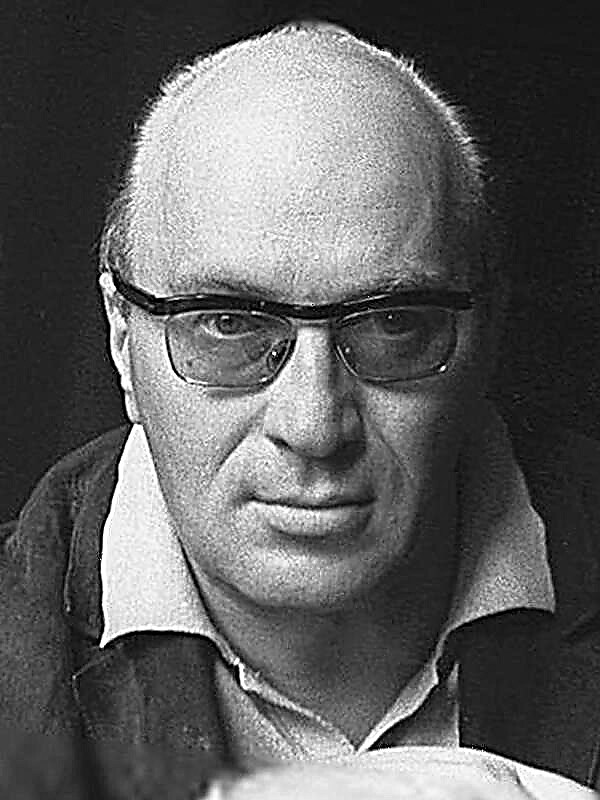
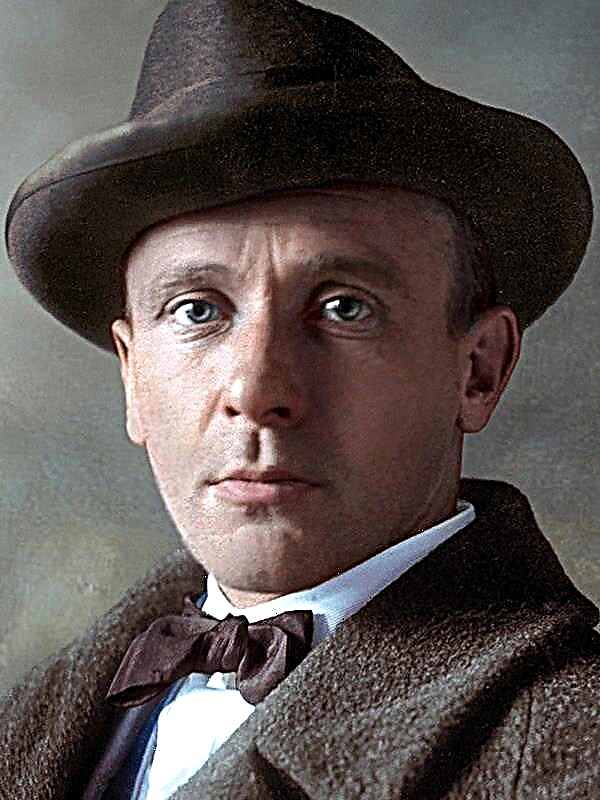
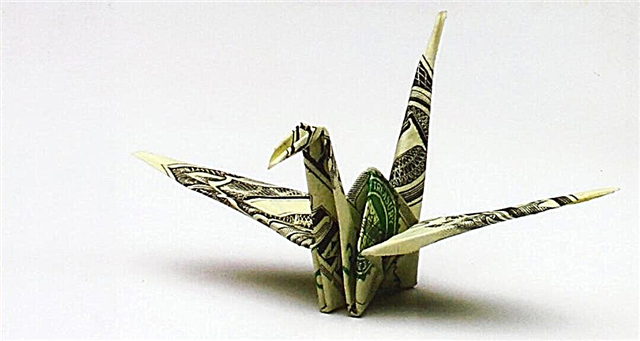 Myself MBA
Myself MBA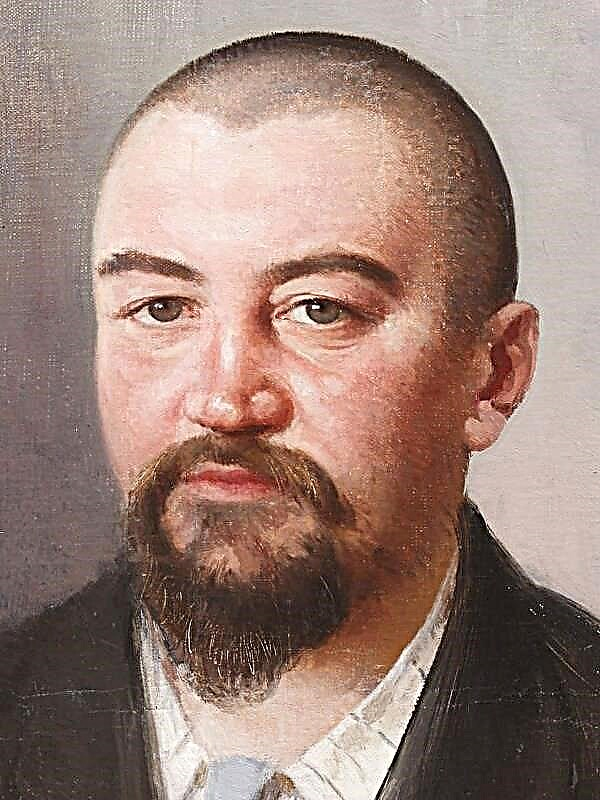
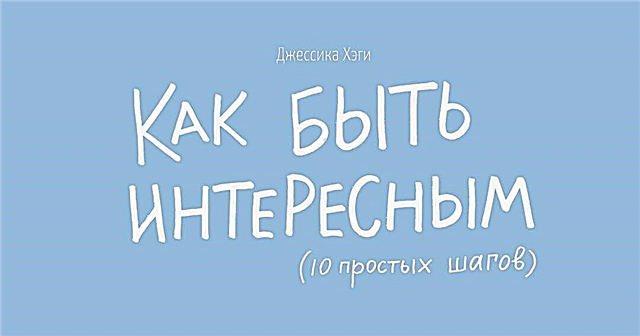 How to be interesting
How to be interesting
